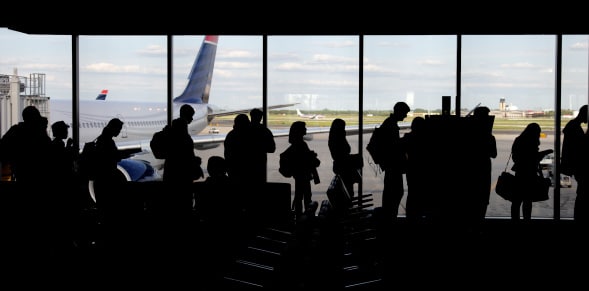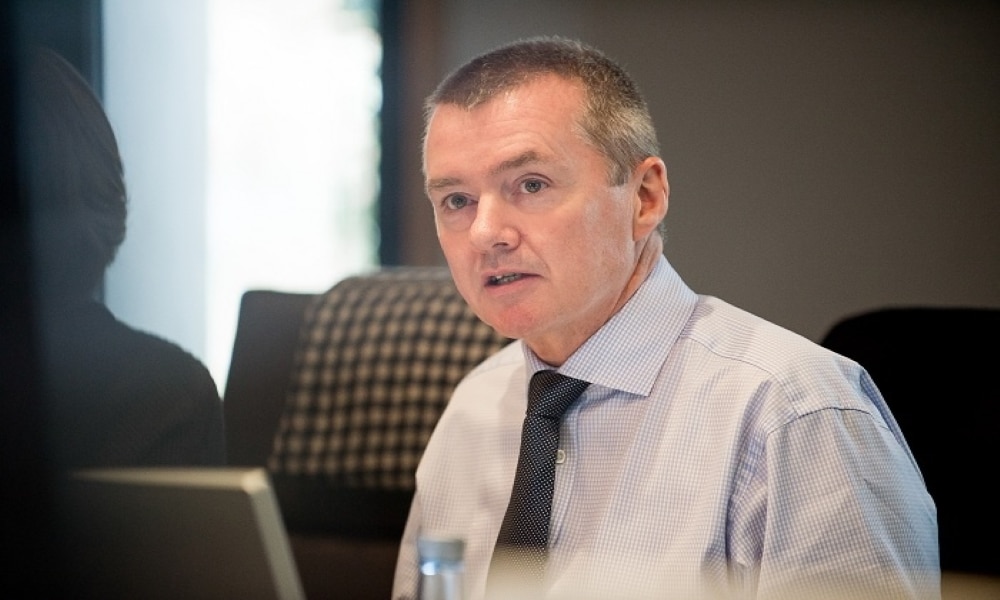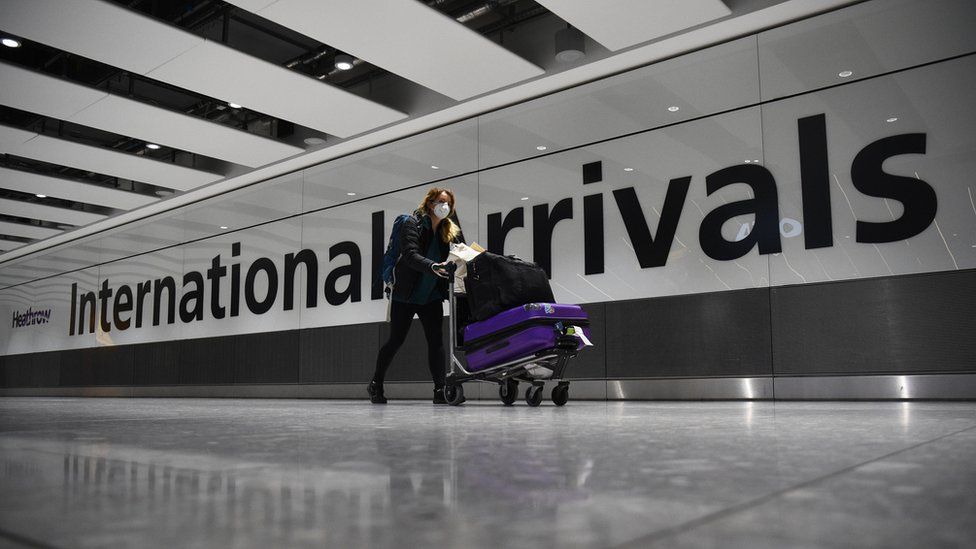
Airline industry group the International Air Transport Association (IATA) has criticised some airports’ capping of passenger numbers and has called for more flexibility to be shown as travel demand continues to recover and gets closer to pre-pandemic levels.
Latest figures from IATA – covering June – show that air travel continued to recover, with total passenger traffic rising by just over 76% on a year-on-year basis.
While domestic air traffic rose marginally, the overall increase was driven by the continued surge in international air travel, which boomed by nearly 230% compared to June of last year, when Covid travel restrictions were still largely in place.
Globally, traffic is now at 70.8% of pre-crisis levels.
“Demand for air travel remains strong. After two years of lockdowns and border restrictions people are taking advantage of the freedom to travel wherever they can,” said Willie Walsh, IATA director general.

However, Mr Walsh also warned that customer upheaval is likely to continue, with the industry still finding it difficult to meet the renewed demand.
“With the Northern Hemisphere summer travel season now fully underway, predictions that the lifting of travel restrictions would unleash a torrent of pent-up travel demand are being borne out. At the same time, meeting that demand has proved challenging and likely will continue to be so,” he said.
Mr Walsh said it proves the need for airports to show flexibility around slot use rules, calling EU plans to return to pre-Covid airport slot usage rules – where airline had to use the vast majority of their slots or risk losing them – “premature”.
“Just look at the issues that airlines and their passengers at some hub airports are being confronted with. These airports are unable to support their declared capacity even with the current 64% slot threshold and have extended recent passenger caps until the end of October. Flexibility is still essential in support of a successful recovery,” he said.
He also attacked airports’ passenger caps. Heathrow currently has a temporary limit of 100,000 passengers per day and has asked airlines to cease selling summer tickets departing the airport. Amsterdam’s Schiphol Airport has extended its passenger cap into October. Airports – under-staffed and under-resourced since Covid shut down travel – are scrabbling for solutions to manage the chaos as passenger demand rebounds.

“By capping passenger numbers, airports are preventing airlines from benefitting from the strong demand,” Mr Walsh said.
“Heathrow Airport has tried to blame airlines for the disruption. However, Service Level Performance data for the first six months of this year show that they have failed miserably to provide basic services and missed their Passenger Security service target by a massive 14.3 points. Data for June has not yet been published but is expected to show the lowest level of service by the airport since records began,” said Mr Walsh.




